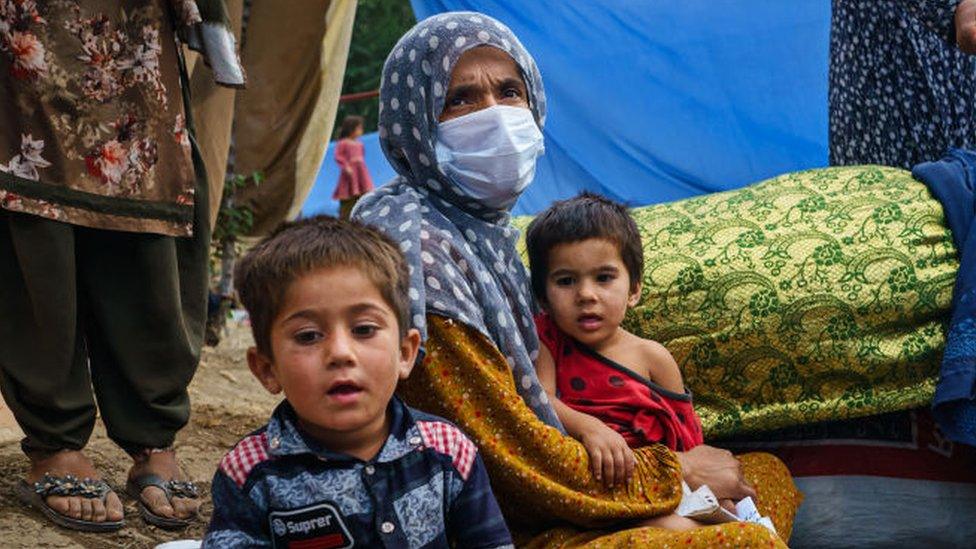Afghanistan: Councils must balance needs of refugees and locals - MP
- Published
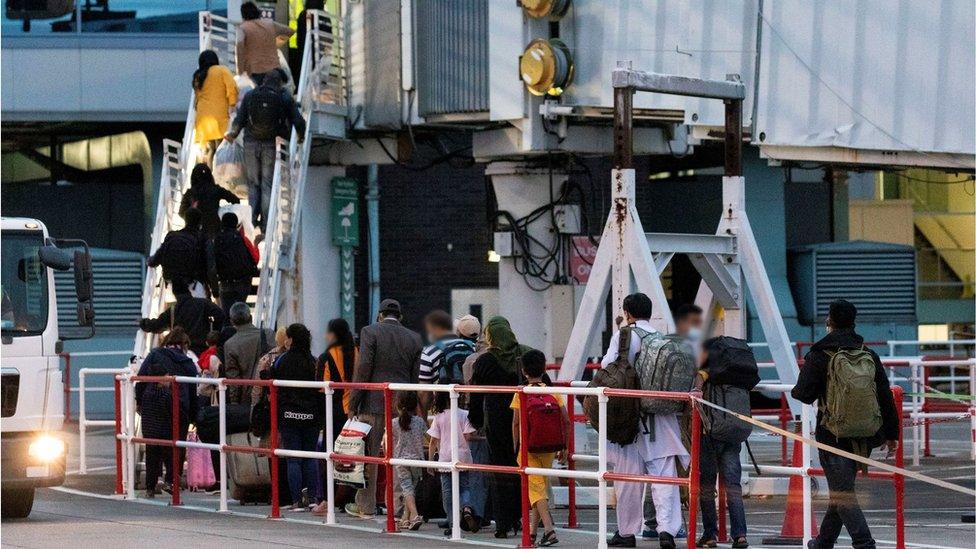
Afghan families and British nationals have begun arriving in the UK following their evacuation from Afghanistan
The needs of people on council house waiting lists must be considered by authorities looking to welcome refugees from Afghanistan, an MP has said.
The UK has agreed to take in up to 20,000 refugees over the next few years, including 5,000 this year.
Ipswich MP Tom Hunt said it was right to help, but added: "We have to be realistic about what we can manage."
A joint statement from councils in Suffolk said the county would "step up" to help those fleeing the Taliban.
Families have already begun arriving in the UK from the existing scheme for interpreters and other Afghans who have worked for the UK government.
Some 5,000 Afghans and their family members will come to the UK via that scheme this year. Nearly 2,000 have arrived since 22 June, the government said.
Mr Hunt said it was "absolutely right" the UK should welcome Afghan refugees.
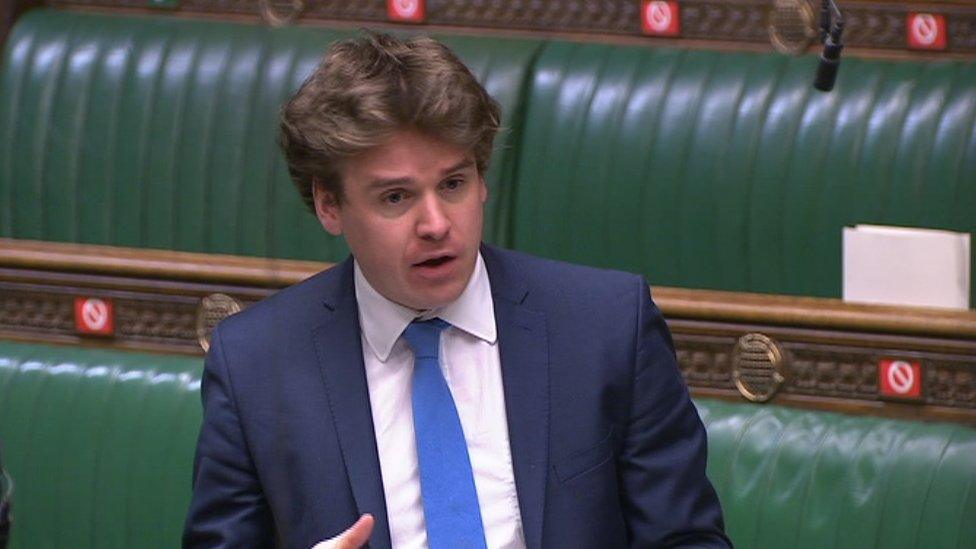
Tom Hunt said Ipswich would welcome refugees but residents were concerned about how many could be accommodated
But the Conservative added: "Some of my constituents do have some concerns if there is a huge number.
"There is a very large waiting list for council housing in Ipswich, so we have to balance with what we want to do with what we can do."
'Responsibility to take more'
A statement on behalf of councils in Suffolk said: "It is crystal clear that the government needs local authorities everywhere to step up and support this national effort."
It said authorities in the county, including Ipswich Borough Council, would "continue to do what we can to provide assistance to vulnerable refugees".
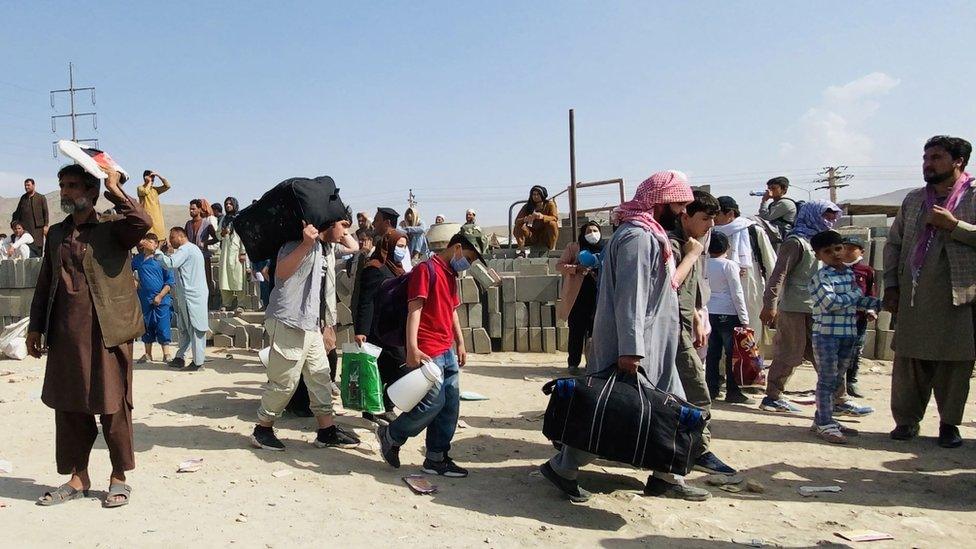
Thousands of Afghans have camped outside Kabul airport in the hope of getting evacuated from the country after it was taken over by the Taliban
Phillip Horner, chairman of Refugee Action Colchester, said the charity had helped welcome five families from Afghanistan in the past few days, saying they were "shell-shocked".
But he said areas in the North East, North West and Yorkshire had taken more refugees and asylum seekers in recent years.
"We have to step up, [Colchester] is a military town and a lot of these Afghans have been working for our military - that's why they are in such danger," he said.

Gee Cook, from Norfolk refugee charity New Routes Integration, said he hoped the county would take families from Afghanistan as the area "has a history for providing sanctuary".
"We need to make sure people have safe spaces to start that process of coming to terms with what happened to them," she said.
Labour's Norwich South MP, Clive Lewis, said refugees were "going to need mental health care, medical care, and social workers, a whole package of support".
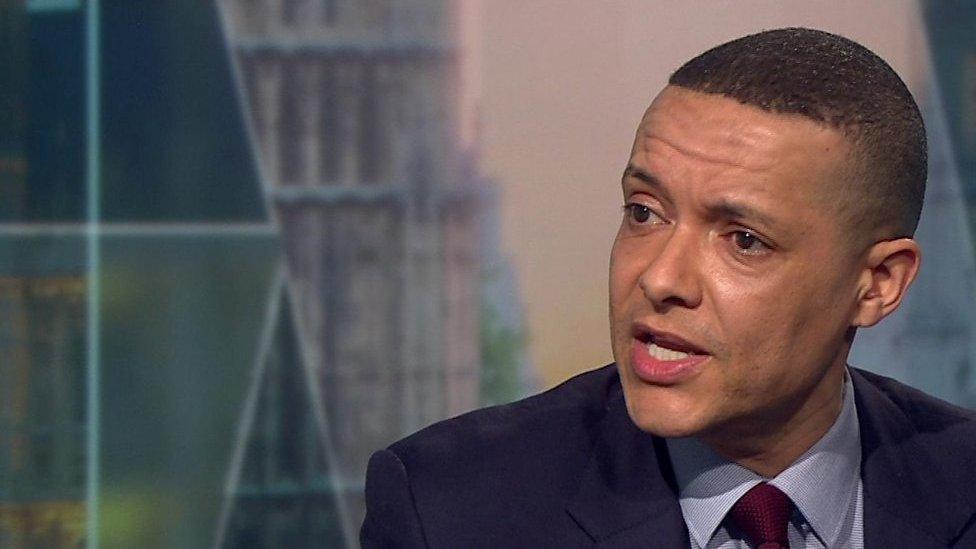
Clive Lewis was a British Army officer and served a three-month tour of Afghanistan in 2009
Mr Lewis said the government should provide funding for the resettlement programme and the financial burden should not fall on local councils.
"But 20,000 isn't enough, we have a responsibility to look after more than 20,000 refugees," he added.
Home Secretary Priti Patel said a target of 5,000 refugees in the first year was "deliverable".
The government said there would be funding for the resettlement programme and it would work with local councils on where to house Afghans who come to the UK.
The Local Government Association said about 100 local authorities had already offered to help.

Find BBC News: East of England on Facebook, external, Instagram, external and Twitter, external. If you have a story suggestion email eastofenglandnews@bbc.co.uk, external
- Published19 August 2021
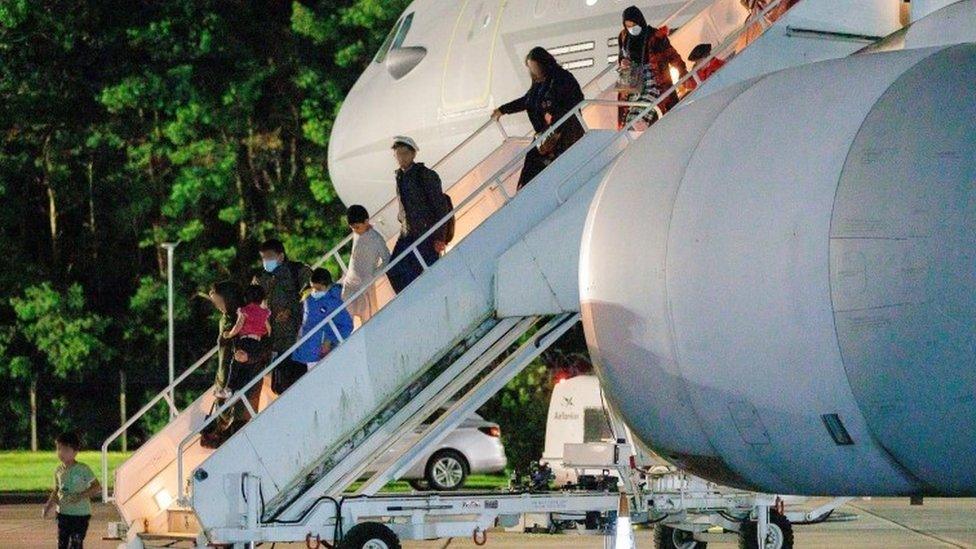
- Published19 August 2021
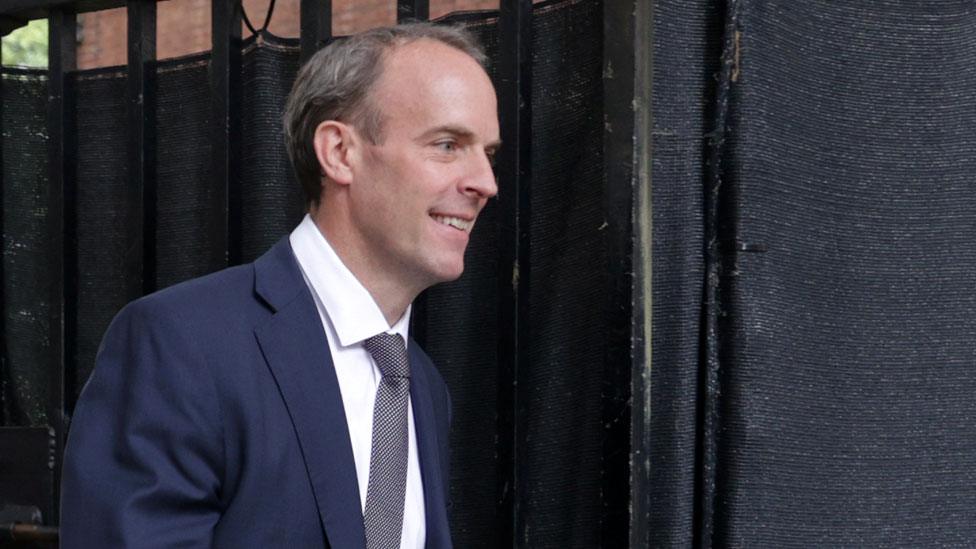
- Published18 August 2021
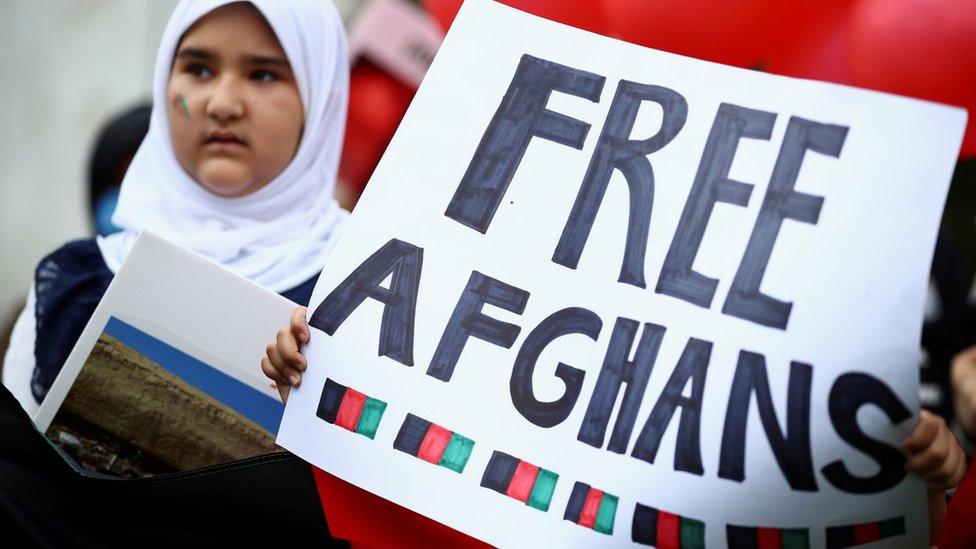
- Published18 August 2021
